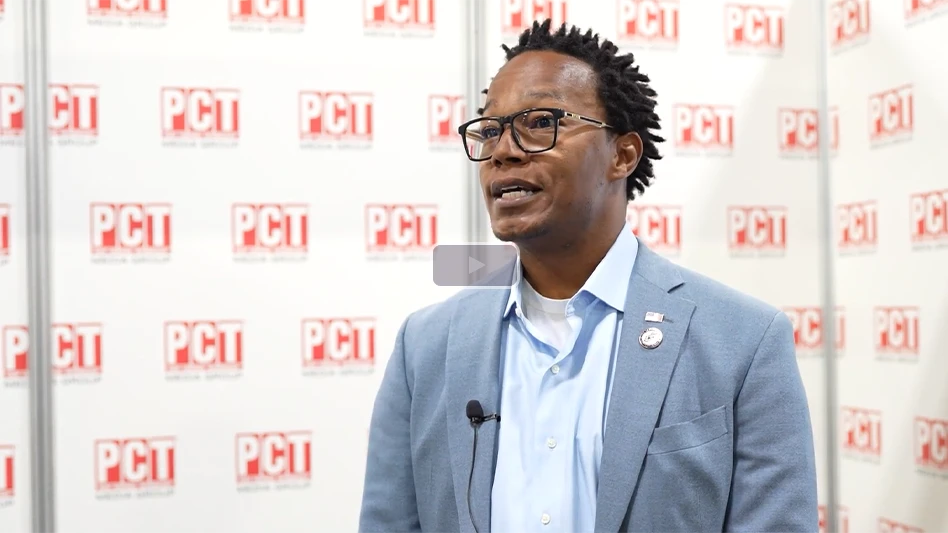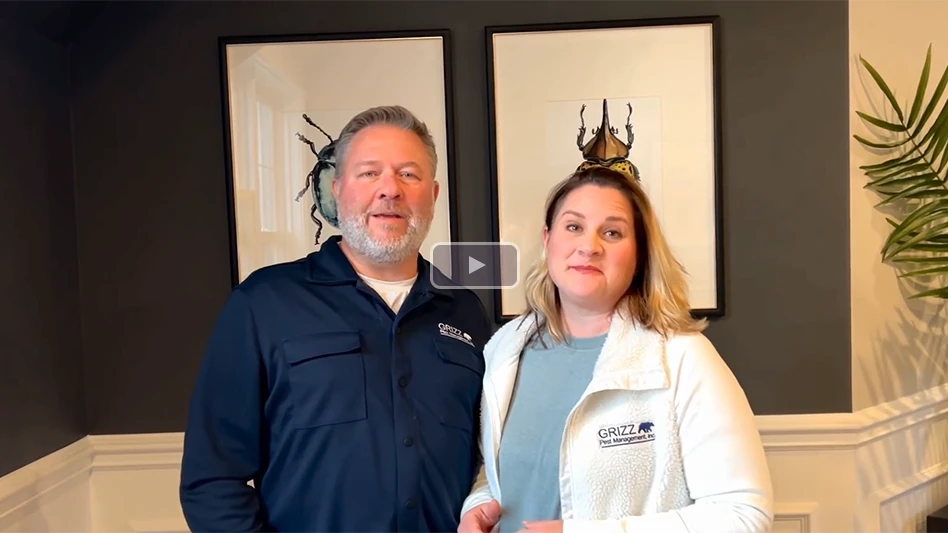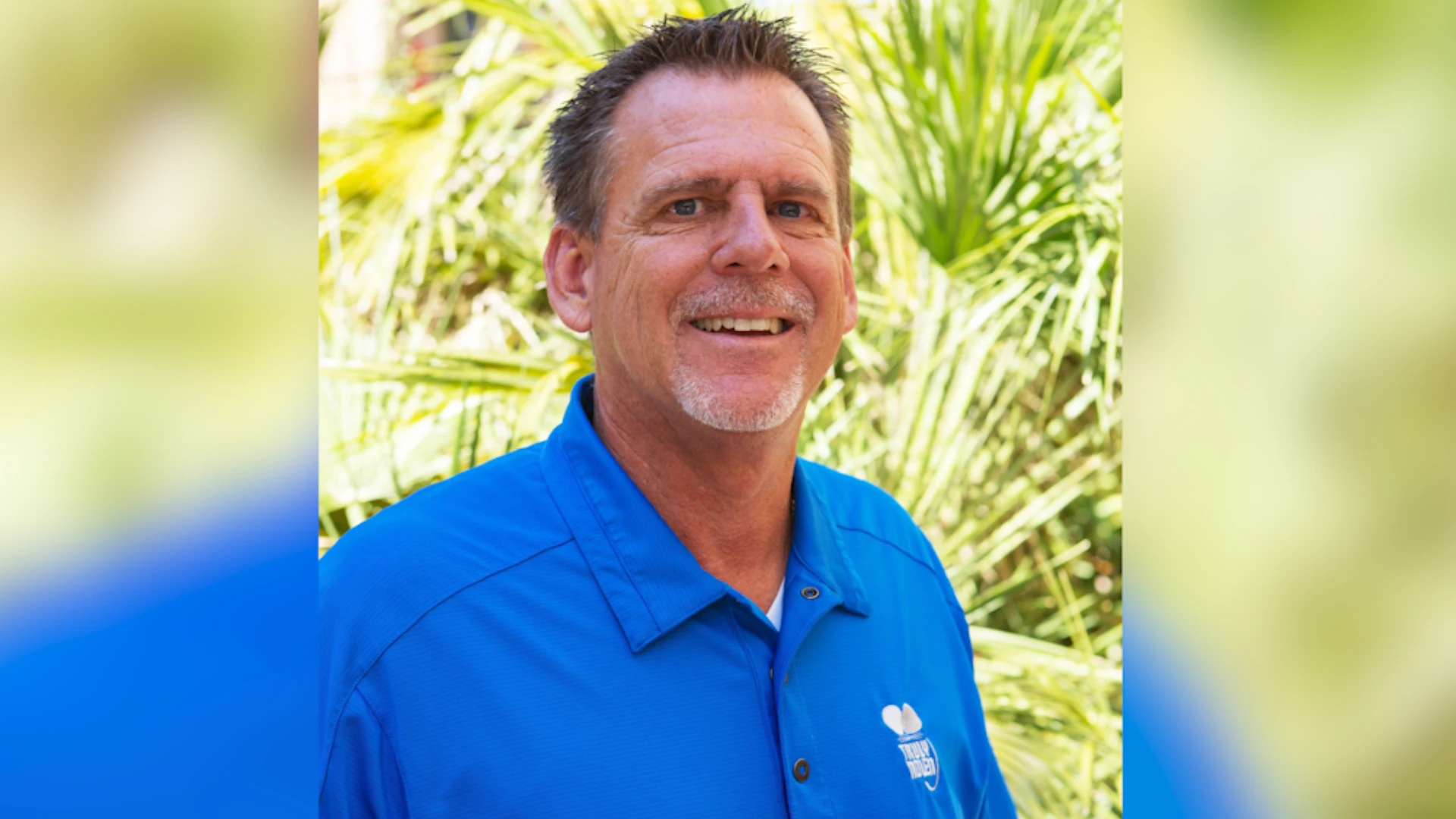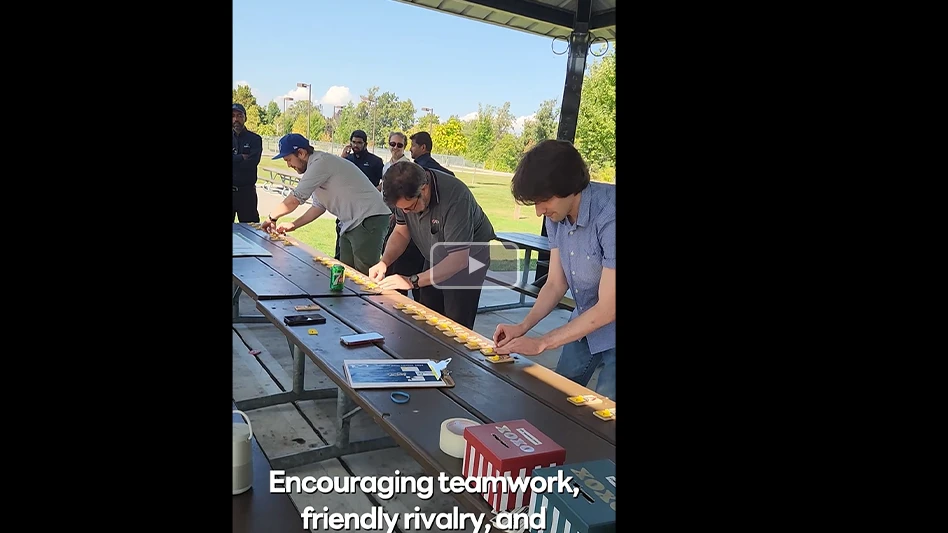Like many recent graduates, Dr. Freder Medina, a research assistant at Texas A&M’s Department of Entomology, is currently involved in a job search. And while it may be a challenging year to be looking for a job, Medina is one graduate who’s up to the challenge.
That’s because Medina, born and raised in Cuba but now a U.S. citizen, knows what it means to follow your dreams. Fourteen years ago, with hopes for a better life and a fulfilling career, Medina abandoned his homeland, to join the ranks of those who believe in liberty and justice for all.
Today it appears Medina has indeed fulfilled his dreams in America. His passion for insects gained him an early entry into the U.S. pest control industry, and from there his career aspirations continued to grow. In May, Medina graduated from Texas A&M, holding a doctorate in entomology. His research dissertation has been published in the Journal of Invertebrate Pathology, Microscopy and Microanalysis, and Current Microbiology. The results may well pave the way for biological control efforts against the red imported fire ant.
EMIGRATING TO THE U.S. The journey wasn’t a cake walk for Medina, who emigrated to the U.S. from Cuba in 1996 as a political refugee. His family had been granted political asylum in the U.S. because of events that had taken place during the mid-1960s. His stepfather, an active Catholic, was taken from his family at age 17 and sent to a hard-labor camp. International media scrutiny of the practice led to the closure of the hard-labor camps and his stepfather’s subsequent release; according to Medina, his family always felt persecuted in their homeland and endured numerous human rights violations in subsequent years.
Opposed to the Fidel Castro regime and the Communist system, Medina’s family applied for a visa to come to the U.S. "We couldn’t bear it anymore," says Medina.
"I knew that it was something I had to do, for the fact that I couldn’t tolerate the things that were happening in Cuba," says Medina. "I was completely against the government there."
Like all Americans, Medina wanted to live in a country where human rights, liberty and freedom of speech were held dear. "Those are things that were important to us and that we didn’t have in Cuba," Medina says.
But deciding to leave Cuba also came at a price, as Medina would learn. "Basically we were considered persona non grata in Cuba," Medina said. "Cuba is a country where you either believe in communism or you don’t. If you don’t, you’re an enemy." To punish Medina for leaving the country, he says, the Cuban government allowed his parents to leave but held him for six months longer. By leaving, Medina also placed his educational accomplishments in jeopardy. He had completed college in Cuba, majoring in agricultural engineering, but after deciding to leave, he was never given his diploma.
PUTTING DOWN ROOTS. Once in the U.S., Medina, with not much more than the clothes on his back, a suitcase full of books and family photos, $25 in his pocket and a prized collection of weevils, went to Austin, Texas, working first as an electrician and later as a greenhouse employee. But it was entomology where he meant to build his career.
In 1997 Medina applied for a technician position at Austin’s ABC Pest and Lawn Services (now ABC Home and Commercial Services). However, Medina’s English was limited, and Bobby Jenkins, president of the company, was reluctant to hire him at first. But Medina persevered, and, with the help of an interpreter (John Harvey, sponsor from Caritas of Austin), was able to convey his sincere interest in working at the company, and in the pest control industry.
Jenkins was impressed by Medina’s persistence. "We knew he was a smart fellow," Jenkins said. "It was definitely a risk-reward situation where the reward outweighed the risk, and that’s why we went ahead and hired him." Brought in as a technician for the company, Medina immediately went through the company’s training and licensure process, getting his start in the pest control industry. Dr. Bob Davis, a market development specialist with BASF Pest Control Solutions, who was ABC’s technical director at the time, recalls Medina’s interview with the company. "He said, ‘this is what I’m meant to do,’" Davis said. "He really wanted to prove himself; that he could do it."
Today Medina remains grateful for the opportunities Jenkins gave him. "I still appreciate what he did for me. It made a huge difference," Medina says.
At ABC, Medina was an "outstanding" technician, Jenkins says. He also worked quickly to master the English language. "It was really rough," Medina recalls, "but I caught on really fast." He stayed in residential work for a year, then another four years in commercial, experience that set the wheels in motion for the next phase of his career: higher education. He first enrolled at Austin Community College, switching to a night commercial route so he could take basic courses during the day.
HIGHER EDUCATION. Then in 2000, Medina applied for and was accepted into the graduate entomology program at Texas A&M. "I always wanted to continue my studies," he said. Fortunately, Medina was able to secure his transcripts from Cuba, after paying the established government fee of $900 to get them, and Texas A&M honored those credits.
So Medina left ABC in 2001, enrolling at Texas A&M where he planned to earn a master’s degree in entomology. However, a few years into the program, Medina switched to pursue his Ph.D., a decision that added five years to his coursework. Medina completed his requirements last December, and received his doctorate degree this May.
Among the highlights of his studies has been his published research, identifying midgut bacteria in the red imported fire ant that could be genetically engineered. "With teamwork we not only identified the bacteria in the fire ant midgut, but we also transformed the bacteria, using genetic engineering," Medina noted.
Dr. Bradleigh Vinson, professor of entomology at Texas A&M and one of Medina’s advisors, says Medina’s research lays the groundwork for the development of biological control tools for this noxious pest. "No one else has done this with fire ants," he said.
Vinson admires Medina’s strong interpersonal skills. "He’s a dedicated, hard-working person, and it’s nice because he speaks both Spanish and English very well, which is a benefit for people around here these days."
Davis, who remains a close friend of Medina’s, describes him as an outgoing, friendly and ambitious professional. "He enjoys what he’s doing." Davis says. Medina’s story is pertinent for business owners in a country where Hispanic cultural influences are increasingly motivating companies to adapt to better serve customers. What’s more, he says, the pest control industry was able to play a key role in Medina’s successes.
"Here’s an individual that had a great opportunity to grow from our industry into academia," says Davis. "I’m not sure what would have happened, had he gone into some other industry."
A CHERISHED PAST, a BRIGHT FUTURE. Most of Medina’s family still lives in Cuba, including his birth father. He keeps close to heart the convictions of his mother and stepfather, who left all they had known in Cuba in hopes of a more fulfilling life. His mother, an industrial engineer, and his stepfather, an economist, both work as custodians at Westlake High School, Austin, Texas. Their diplomas from Cuba hang on the wall in their Texas home.
Today, as Medina embarks on the next phase of his pest control career, he continues to be inspired by friends, relatives and colleagues, as well as his memories from Cuba. His thoughts are most evident in the dedication section of his dissertation: "To the United States of America, I express my most profound gratitude for opening its doors and making my dreams come true, and for defending democracy, freedom, and prosperity. To motherland Cuba, let us sing our freedom to enjoy your beauty in the mountains and the sea."
The author is a frequent editorial contributor to PCT magazine. She can be reached at lmckenna@giemedia.com.

Explore the September 2010 Issue
Check out more from this issue and find your next story to read.
Latest from Pest Control Technology
- Termite Control Sales Strategies
- NPMA Announces ELP Class of 2025
- Termite Control Tools and Equipment for PMPs
- Choe Reviews Drywood Termite Geographical Hotspots, Latest Research Findings
- Mosquito Squad Announces Rebranding to Mosquito Squad Plus
- Pest Control Equipment: If it’s Critical, Back it Up!
- In Memoriam: Marybeth Wonson
- In Memoriam: Layton Word





